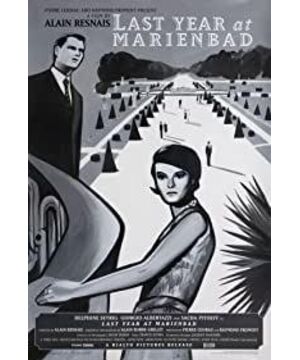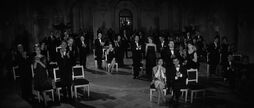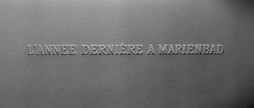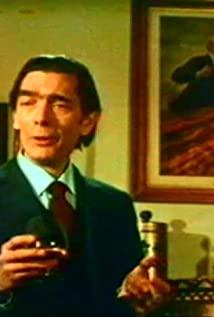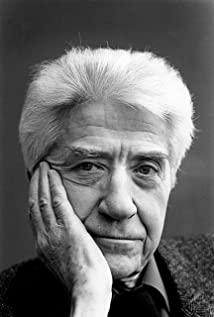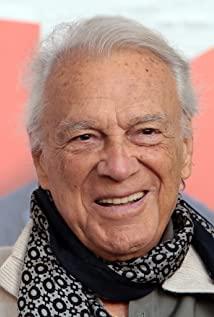An air of solemnity close to ritual, the slow rhythm, the sense of the stage, and even that occasional stiff gesture, the ancient reminiscent of a statue and an opera in movement, language, and setting. Characteristics of Greek art. In addition, I also see that Resnais's work is an attempt to construct a purely spiritual time and space - the time and space of dreams, or the time and space of memory, the time and space of any kind of emotional life
Its stylistic changes are more, richer, and more erratic: it skips certain passages, often vividly preserves the truthful memory of certain "unimportant" details, and often does not mind repetition or reversal . Spiritual time, with its peculiarities, with its empty voids, its stubborn thoughts, and its nebulous realm, is what interests us most, for that is what really is our feeling and the rhythm of life
Naturally, what he did was far from respecting my advice in any way: he fulfilled my advice, he gave everything in the film its presence, its strength, and a kind of direct access to the audience. The power of the palace
The whole film is, in fact, just a process of persuasion: the reality it presents is entirely created by the protagonist based on his own imagination and words. If his perseverance, his firm belief in his heart finally triumphed, then this victory was achieved in a labyrinth of countless false pursuits, innumerable variations, failures and repetitions!
He wanted to give her what she could never have (especially in this labyrinth where time no longer exists): he wanted her to have a past, a future, and freedom.
The most fundamental feature of the picture on the screen is its presentness. Literary works need a series of grammatical tenses to indicate the relationship between one thing and that, but we can say: the verbs used on the screen are all present tense (this is exactly the "fiction film"). "Why so strange, so absurd, the past tense is absolutely essential to traditional fiction!): In essence, what we see on the screen is what is happening, what we see is the state of affairs itself , rather than a description of it.
An imagination, as long as it is vivid and vivid, always seems to be present. Memories we "see again," distant places, future appointments, or even a past event we've rearranged for our own convenience, when we're completely oblivious to everything around us, can all act like a movie in It appears in our hearts piece by piece. But at another time, all our senses are busy with the external world that must exist. Therefore, the film in our hearts does not discriminate against the real, present, and fragments of the past, or fragments of the future, and even fragments that are entirely hallucinatory, as presented to us by sight and hearing, and Allow these scenes to alternate with each other.
View more about Last Year at Marienbad reviews


